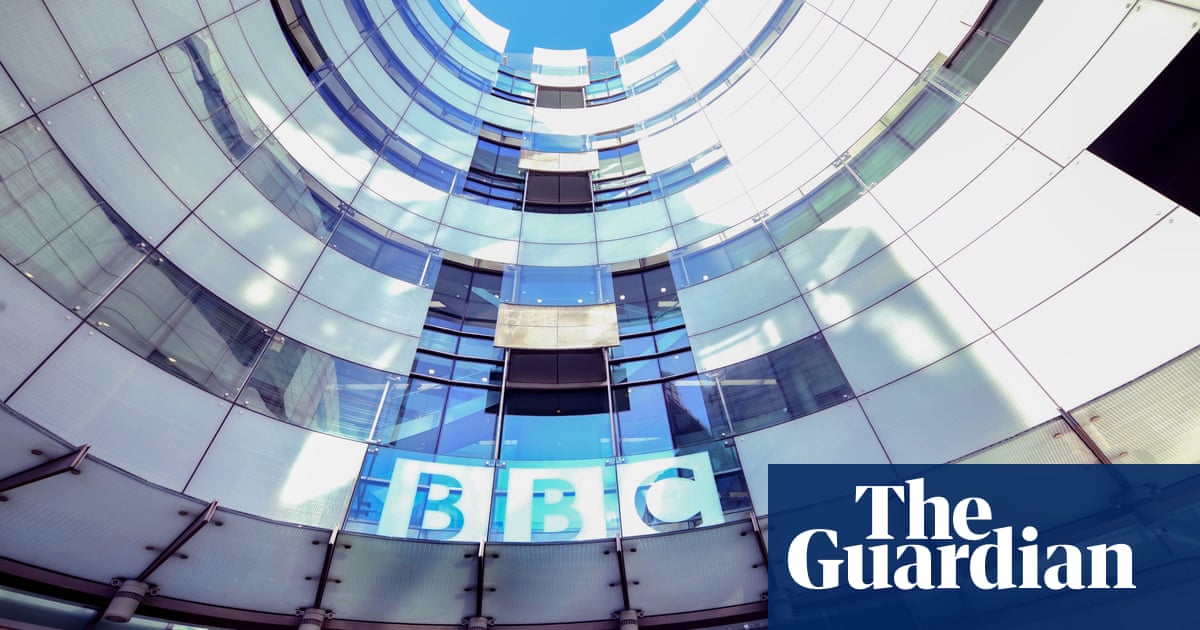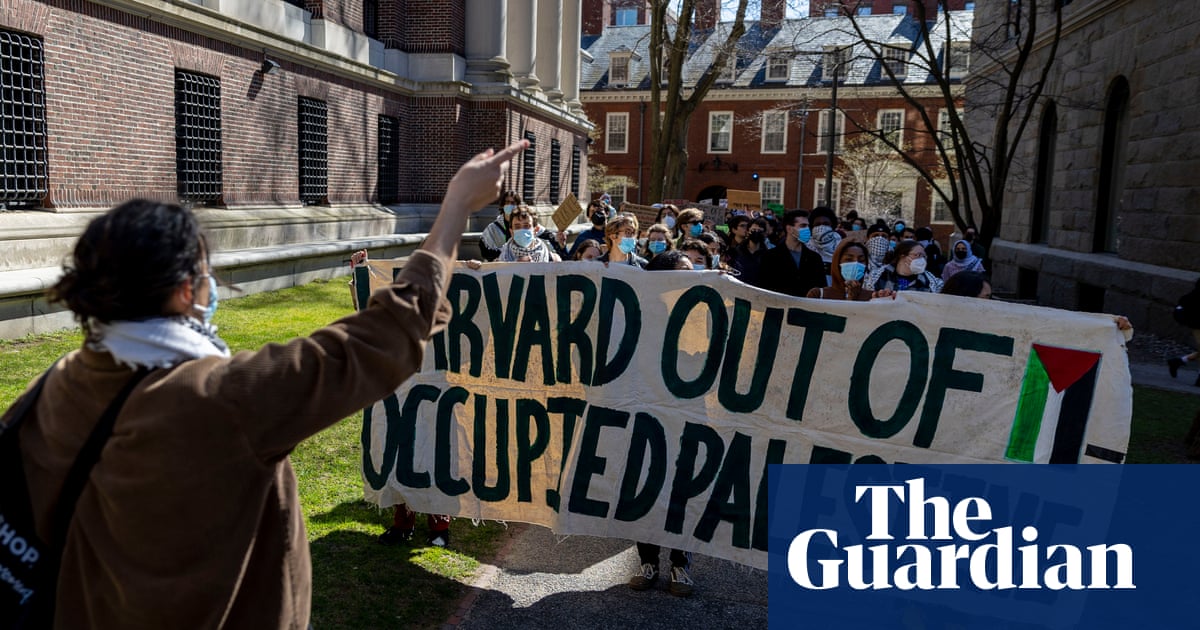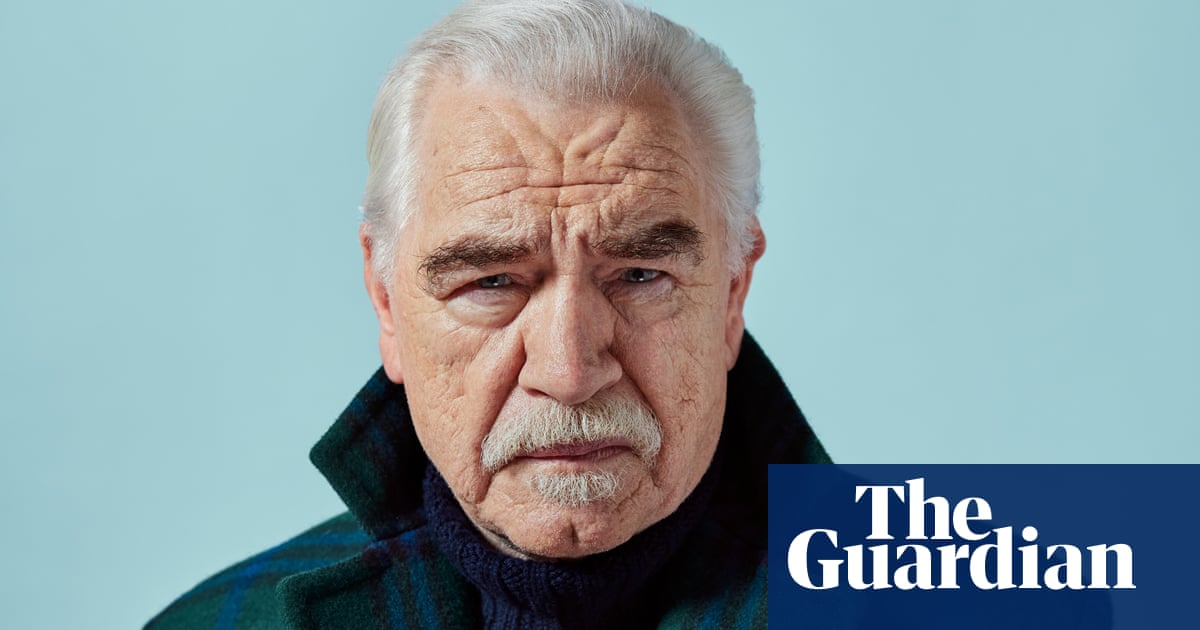I’m calling this column “Turkey, Revisited”, after “Toads, Revisited” by Philip Larkin, a poet who was most definitely not a gourmand (“I was too lazy to buy rations in London, so today has been a poached egg, macaroni & tinned spinach”). Some years ago, you see, I wrote about my dislike of the bird in one of these columns, a piece that continues occasionally to reverberate in the form of messages from readers. Riffing on an essay by the great American food writer Jeffrey Steingarten, who once tried a legendary turkey recipe whose stuffing has 32 ingredients, the piece in question detailed my adventures with a Kelly Bronze I’d mortgaged my house to buy: the baroque trumpets that played as it entered the kitchen; the spa treatments I administered to its skin; the tea towel of finest cashmere that covered it before it was carved. It also came to the conclusion that, in spite of all of the above, I had completely wasted my time. The result was … about 3kg of OK.
So why return to the subject? No, I haven’t seen the light. In fact, my aversion has since become close to outright loathing. In part, this has to do with my nature. I seem to have made up my mind about turkey, in the same way that I’ve made up my mind about Nadine Dorries and Jacob Rees-Mogg (this lady is not for turning, unless we’re talking about a spit with a nice bit of pork or lamb on it). I think also that I’ve grown more green down the years, and turkey is almost inevitably wasteful, no matter how many recipes for leftover korma one dutifully reads.
But there’s something else, too. My antipathy is increasingly stoked by the way that turkey has been financially weaponised, a food that was once good and plain now seemingly only acceptable in some circles if it was ordered in late August on a gold Amex from a butcher who drives a hybrid Range Rover. Ugh, that word: premium. To me, it’s a kind of shorthand for the longstanding rupture between food production and consumption in this country. Wouldn’t it be better if all birds were middling-to-good than most cheaply reared, and only a privileged few at the poultry equivalent of Eton?
The other day, I read in a newspaper of “Britain’s most expensive turkey”, a fowl that may be purchased from a butcher in Holland Park, west London, where all the big stuccoed houses look, appropriately enough, just like iced Christmas cakes. A hefty one will apparently set customers back more than £360, a price tag that’s justified by a diet of nettles, wild blackberries and fresh oats, and a hearty outdoor life (think glamping, not camping), both of which ensure “optimum” flavour and texture. Such talk is, of course, highly infectious. At my supermarket of choice, the patter is as seductive as the prices are high, to the point where even if your head is telling you no one will ever taste the difference, your heart starts to beat violently at the thought of putting Mr Dry Plucked in your virtual basket. It’s irresistible. One click and its crisp, copper-brown skin will be yours.
Good food is more expensive than bad food, but there’s no reason at all why it should be only for the rich – and so I return to my argument of a decade ago. Turkey, even when it has spent its entire life listening to Michael Bublé sing carols while nibbling on lychees, is distinctly underwhelming: not even half as nice as chicken or duck or pheasant (I’m nervous of goose, but hey, it has its fans). So why not cook one of those instead, and save yourself a packet to boot? You can still have all the trimmings, and potatoes, parsnips and red cabbage are pretty difficult to mark up price-wise, though doubtless some try (Fortnum & Mason sells the loveliest marzipan vegetables, but I probably wouldn’t go there in search of an actual carrot).
The key to culinary happiness on Christmas Day lies, I believe, in good and copious gravy and bread sauce, and in keeping an eye on your roasties, the better to ensure that they reach – OK, I’ll just say it – optimum crunchiness. What you definitely don’t want is to end up like Larkin, who wrote unforgettably of his disappointing tubers: “My potatoes unwreathed themselves, like something at a seance.”

 3 months ago
72
3 months ago
72













































